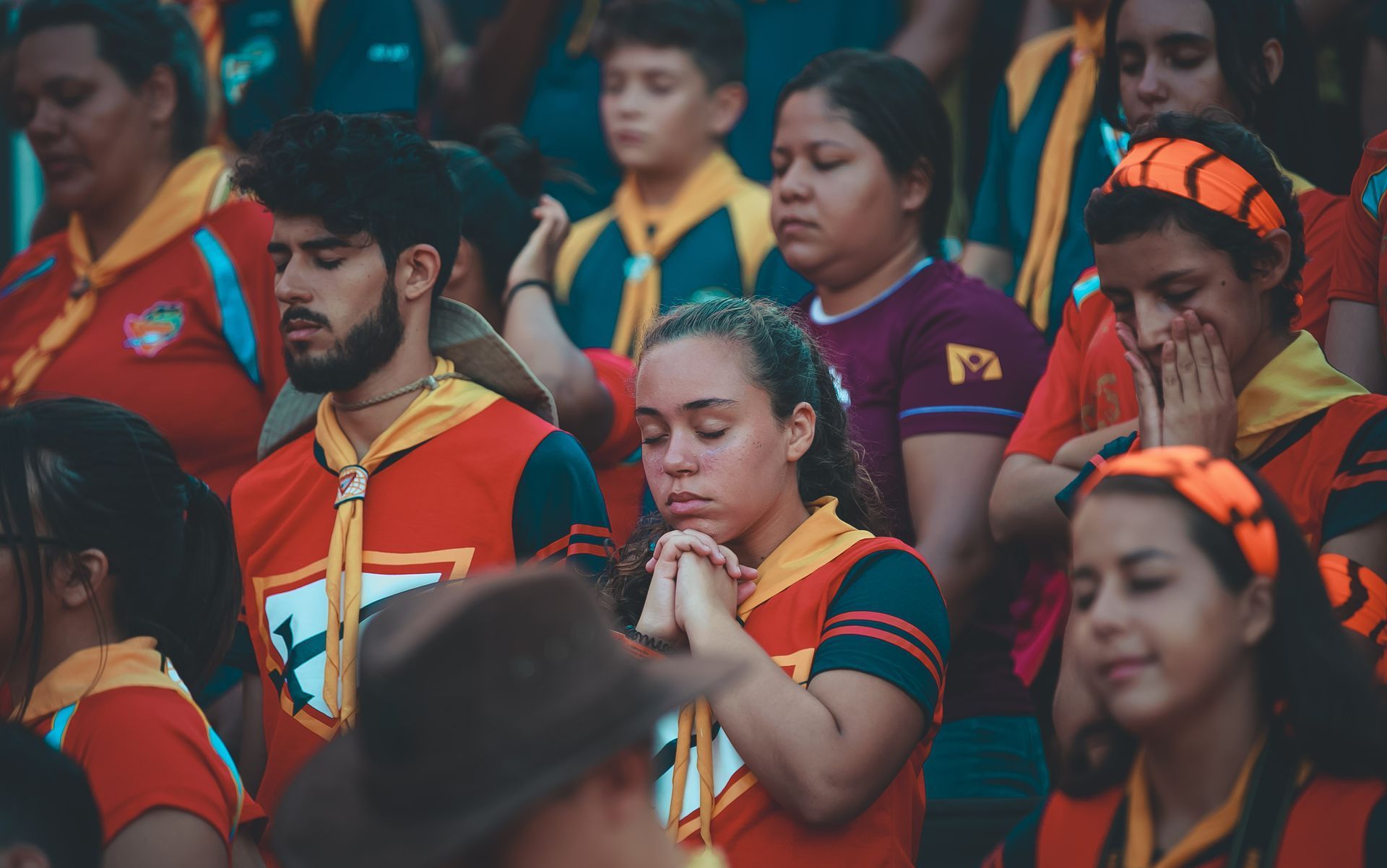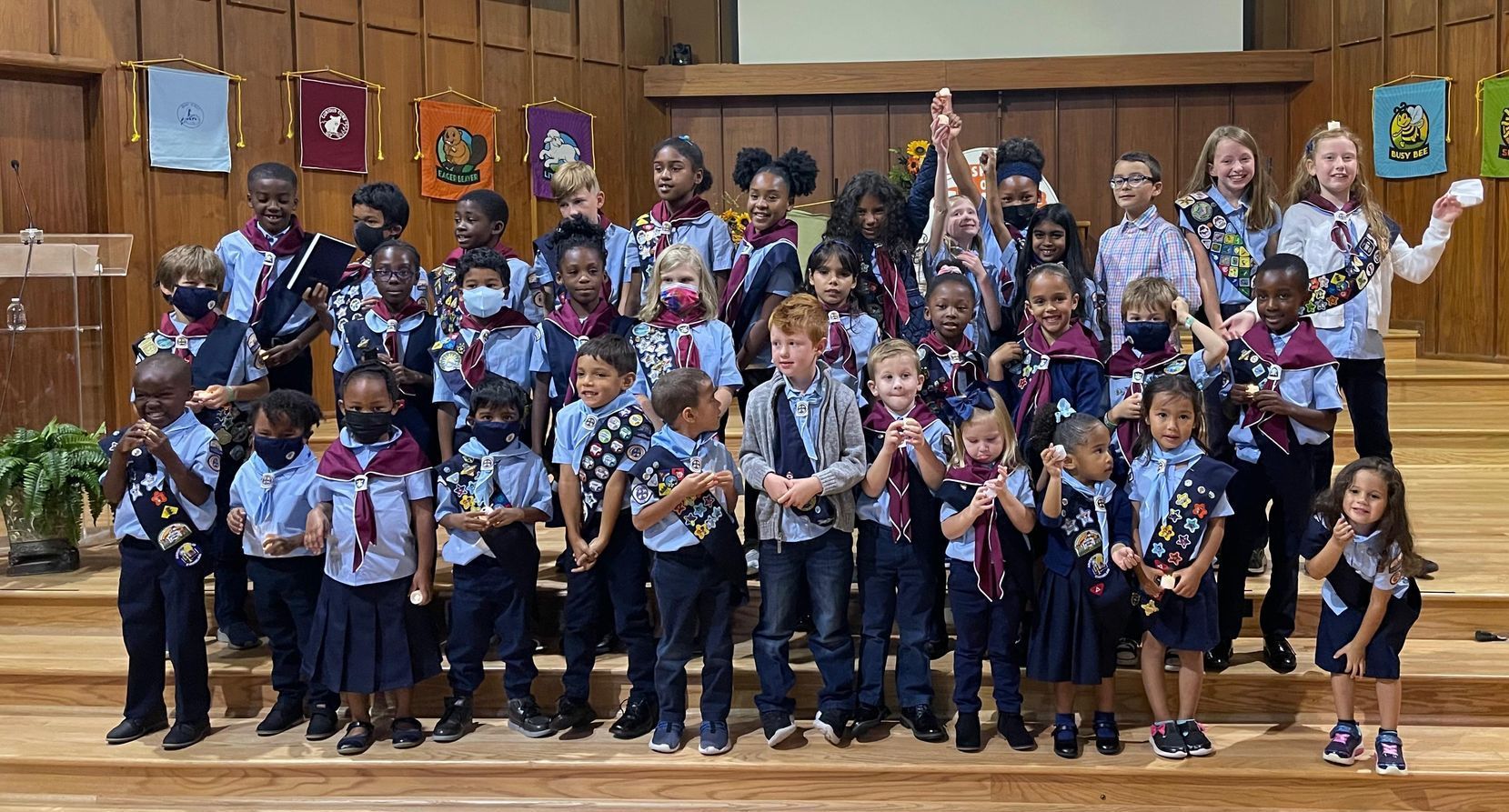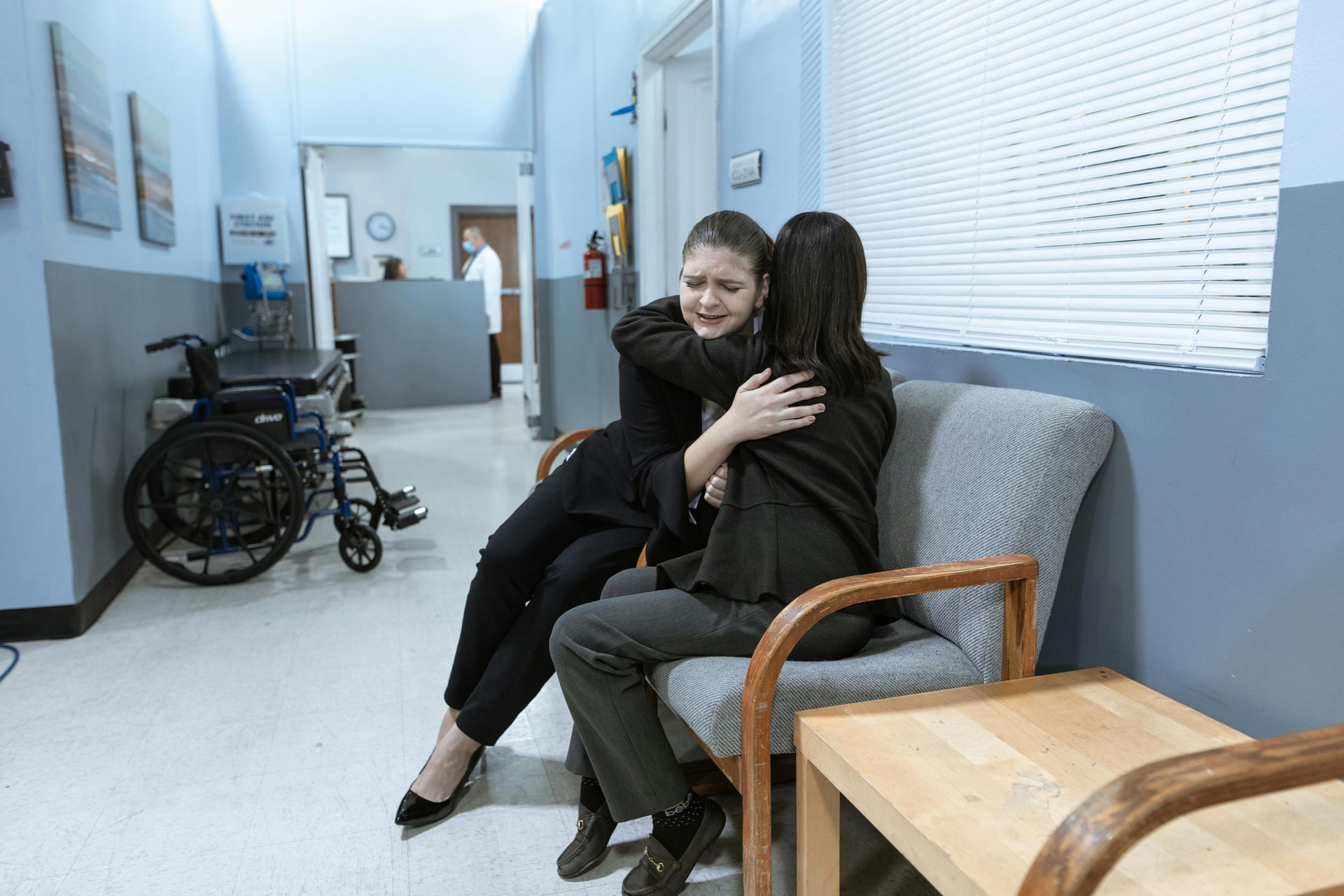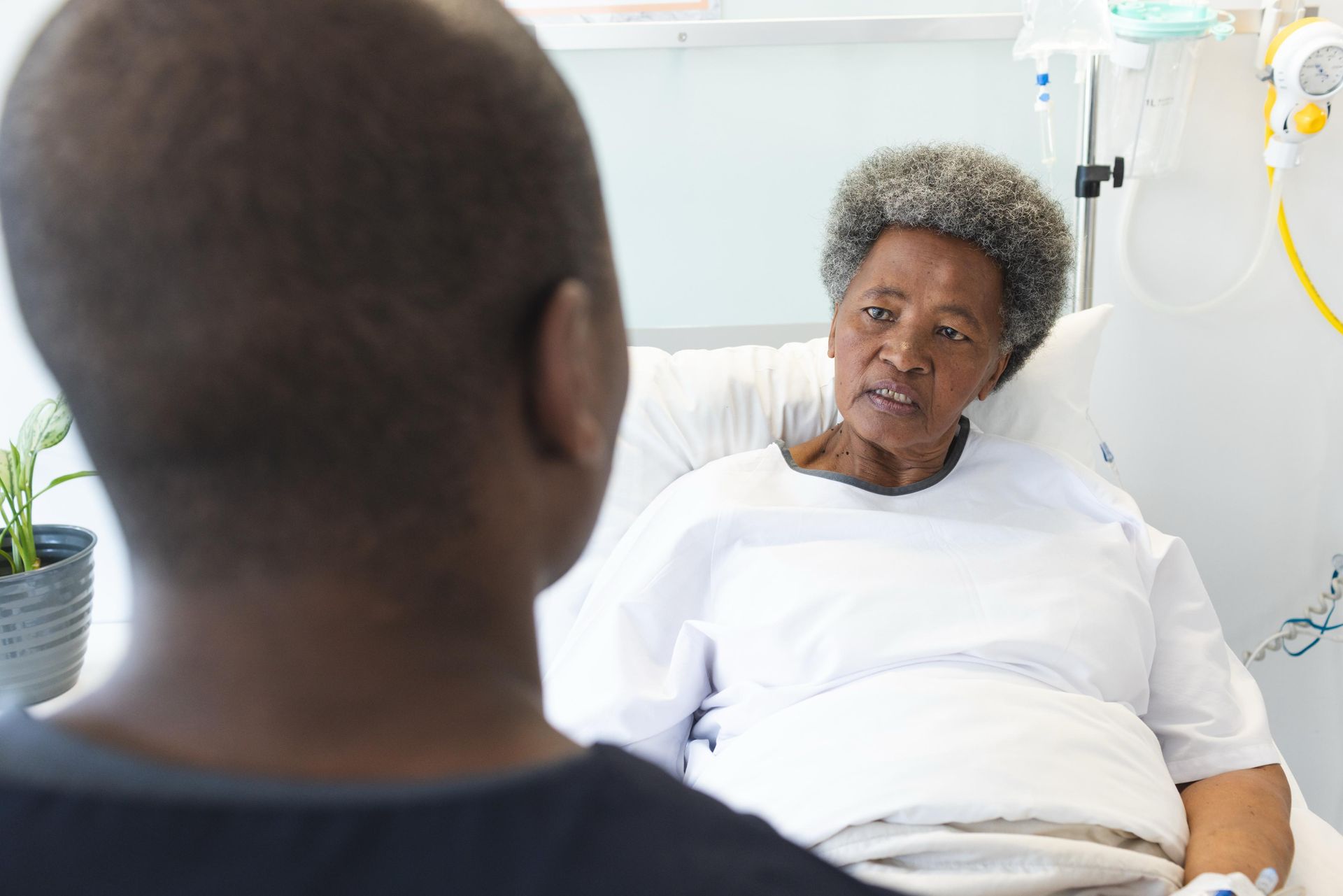RECENT BLOG

Prophecy has always played a vital role in God’s work on earth. From the time of Daniel and Esther to the early church and the last days, God has spoken through visions, messages, and the guidance of His Spirit. As Seventh-day Adventists, we believe that prophecy is not just about predicting events, but about preparing hearts. Young people are a powerful part of that prophetic movement.
God Has Always Used Youth
The Bible is full of young people who heard God’s voice and made a difference. Joseph received dreams as a teenager, Samuel heard God calling him while still a boy, Jeremiah was called to be a prophet when he was very young, Daniel stood firm for truth in his youth, Esther spoke courageously for her people while still young. God has never waited for someone to reach a certain age before using them.
Ellen White writes,
“With such an army of workers as our youth, rightly trained, might furnish, how soon the message of a crucified, risen, and soon-coming Saviour might be carried to the whole world.”
(Education, p. 271)
This is a prophetic call, not only to speak about the future, but to live with purpose and power today.
Prophecy Is Not Just About the Future
Sometimes we think prophecy is only about charts, dates, and end-time events. While those are important, prophecy is first and foremost about drawing closer to Jesus. The spirit of prophecy points us to Christ, helps us understand His mission, and prepares us to reflect His character.
The book of Revelation is called the “Revelation of Jesus Christ.” Prophecy reveals who Jesus is, what He has done, and what He will do. For young people, studying prophecy is a way to grow in faith, develop spiritual focus, and strengthen their commitment to God’s mission.
A Call to Live with Purpose
Youth who understand prophecy do not have to fear the future. Instead, they live with hope, clarity, and direction. Ellen White encouraged young people to be students of the Word and to understand the times in which they live.
She said,
“Young men and women should be more earnest to become acquainted with the reasons of our faith. Why are we Seventh-day Adventists? What is the foundation of our faith?”
(Messages to Young People, p. 384)
Prophecy helps youth see that we are part of a bigger story. It calls us to share God’s love, stand for truth, and prepare the world for Jesus’ return.
Avoiding Extremes
While we affirm the importance of prophecy, we must be careful not to fall into fear, speculation, or fanaticism. The goal is not to create confusion or sensationalism. The goal is to lead people to Jesus.
Paul reminds us that “the spirit of the prophets is subject to the prophets” (1 Corinthians 14:32). That means we test everything by Scripture, guided by prayer and humility. We do not need to fear the prophetic gift, but we must treat it with reverence and balance.
Ellen White herself warned against extreme views.
She wrote,
“There is danger, constant danger, of allowing the imagination to forge things which have no real existence. It is one of the most successful delusions of Satan.”
(Selected Messages, Book 1, p. 41)
Balanced study, Spirit-led teaching, and Christ-centered living are the key.
Final Thoughts
Young people are not just the future of the church, they are a prophetic voice for today. They are called to live with passion, guided by the Word, and rooted in a clear understanding of our mission. Prophecy is not a distraction, it is a direction. It helps youth rise with purpose, walk in faith, and prepare others to meet Jesus.
When youth are filled with the Spirit, grounded in Scripture, and aware of the times, they become a living message, a prophecy in motion. That is the kind of generation God is raising today.
✍️
About the Author
Andrés J. Peralta is a global youth ministry leader, Navy chaplain, and passionate advocate for intergenerational mission. He has traveled to more than 100 countries, listening to young voices and equipping leaders to serve with vision and heart.
Related Articles
Related Articles













